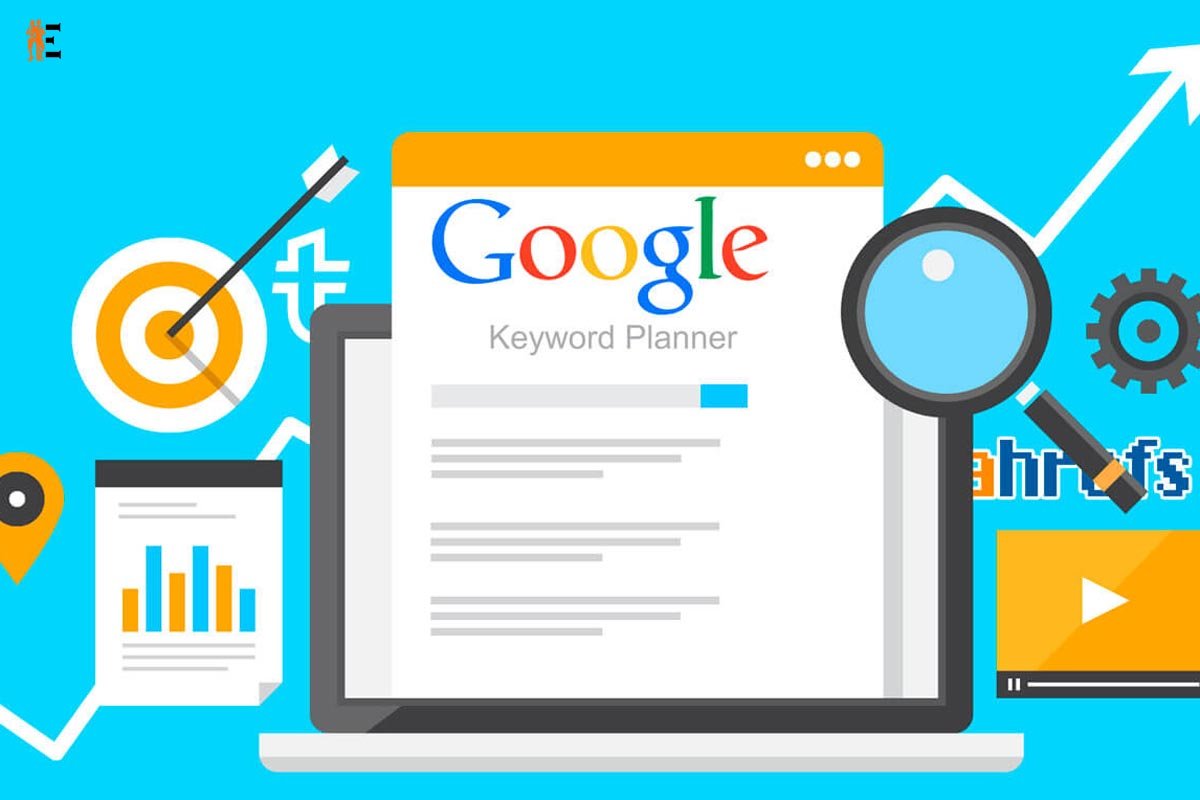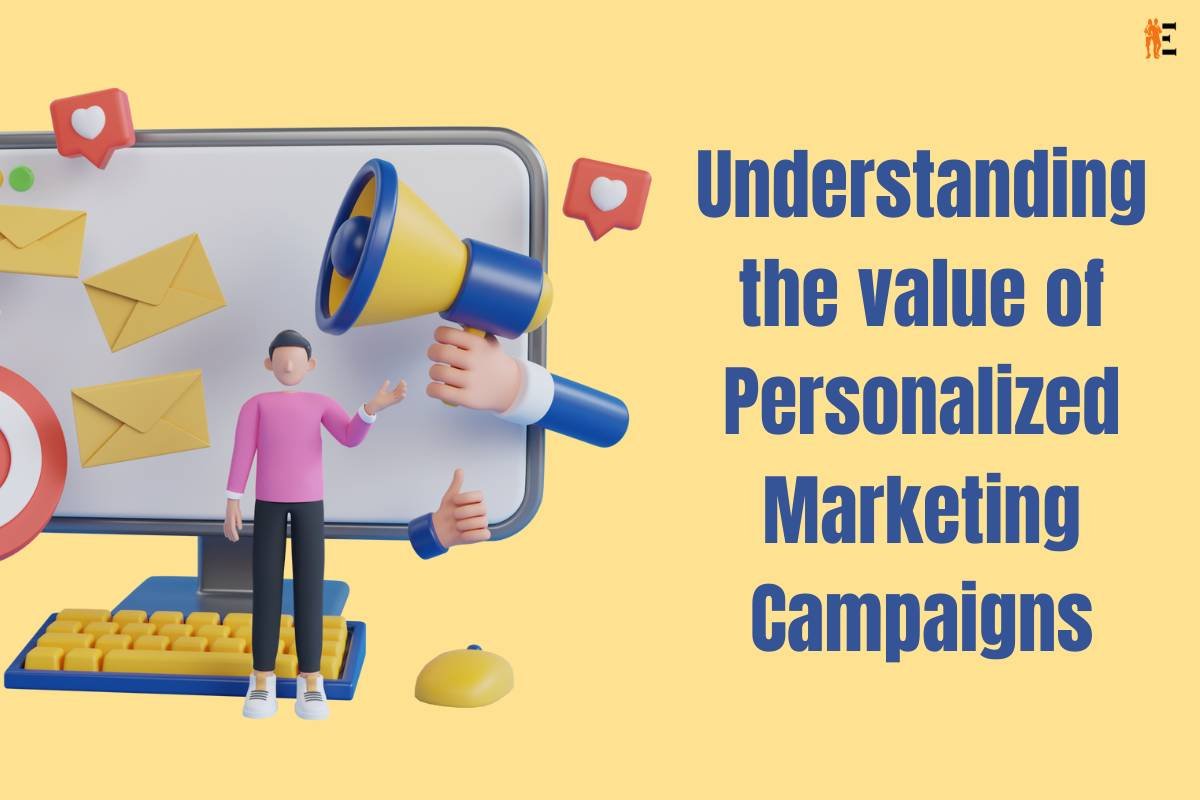Get Started PPC for Lawyers is routinely underutilized by legal practices. According to the American Bar Association, only 7-9% of law firms are using Google Ads this year. It’s time for lawyers to start capitalizing on the untapped potential of pay-per-click advertising. In this article, we will go over nine of the most important aspects of Get Started PPC for Lawyers.
Here Are 9 Tips to Get Started Ppc for Lawyers;
1. Use a planner to come up with keywords.
When it comes to pay-per-click marketing and Get Started PPC for Lawyers, Google’s Keyword Planner is without a peer for legal professionals. Find keywords that are closely associated with your subject matter. It will help you zero in on keywords with a manageable amount of competition and a substantial amount of potential customers. To help you budget, the tool also lists how much you can expect to spend on individual keywords.

You can keep your expenses in check by including high- and low-volume keywords. Otherwise, pay-per-click advertising can be extremely pricey for legal practices.
2. Include relevant keywords in your writing
The next step is to incorporate the chosen keywords into the text. Pay-per-click marketing for legal services is no different; it all comes down to rankings. To raise your Quality Score, which is used to rank advertisements on Google, use only relevant keywords in your material.
In order to optimize Get Started PPC for Lawyers, certain keywords must be used. Keywords should be used in the headline and body copy of the advertisement. In addition, you should prioritize long-tail keywords since they are less popular but more specific (meaning people who click are more likely to convert.)
Check out these blogs: How to Create QR Codes for Google My Business Reviews and 8 Personal Injury Lawyer Marketing Tips to Dominate SEO.
3. Localize your advertisement
Let’s pretend your law firm is regionally focused. In such a situation, local PPC efforts for a legal firm should be directed only at other businesses in the immediate region.
After all, there’s no use in targeting Nebraskans with an ad campaign from New York. In other words, it’s a waste of cash. Therefore, adjust the user’s location in your geographical settings. In this method, you may avoid having your ad shown to those who aren’t in your target demographic, which might save you money. The Get Started PPC for Lawyers, constitutes an astute PPC.
4. Keep the customer in mind.
To what demographic are you catering your product? You need to think about who you want to see your ad and why they should. To succeed with Get Started PPC for Lawyers, you must first identify your target audience. Ideally, you’d want a greater conversion rate for each click. No use in paying for traffic from individuals who have no intention of hiring you as their lawyer.
Making an imaginary customer profile may help. You should provide information about their background and the criteria they use to make recruiting selections. Keywords and ad text for pay-per-click campaigns for legal services might be informed by familiarity with these characteristics. What Is the Difference Between Search Engine Optimization, Pay-Per-Click Advertising, and Search Engine Marketing? In addition, Tips for Raising the Quality Score of Your Pay-Per-Click Ads
5. Make sure your ad copy stands out.
Just like a commercial, you want to keep the reader engaged from the very beginning to the very last word. Successful pay-per-click (PPC) copywriting for attorneys centers on making their attention grab. Find out what it is that they really want, and go straight to it in your first communication to them (for example, “Do you have a case you need to win?”). the equivalent of “Have you been hurt on the job?”

Your message will get through to your intended audience with this clarity. Finally, provide a quick summary of what you offer. Include a CTA (call to action) at the conclusion of every email, such Schedule an Appointment” or “Give Us a Ring” You should try out several adverts and then let them run. Next, implement the one that generates the greatest interest.
6. Keep an eye on the stats
You should never air an ad without first monitoring its results. Get Started PPC for Lawyers requires keeping an eye on five primary metrics:
- To determine a keyword’s quality score, Google looks at how often it appears in relevant search results.
- The CTR, or click-through rate, is a metric used to determine how relevant your ad is to the target audience.
- Your conversion rate is the proportion of ad clickers that make contact with your business.
- How much money did you spend to get one new customer?
- Spending that does not lead to a sale is wasted.
- Make use of these measurements to fine-tune your ad so that it yields the highest possible conversion rate for the lowest possible cost.
7. Make use of Google Ads add-ons
Additional information, such as your legal firm’s address, phone number, and website link, that you’ve submitted to Google may appear alongside your ad. An ad extension is exactly what it sounds like. With ad extensions, users are more engaged and get more useful information. If a potential customer is doing a search on their smartphone, they may simply tap your number to initiate a call. A key factor in converting customers is decreasing the number of steps between the client and the business. Just a basic PPC strategy for Get Started PPC for Lawyers.
Both “Questions to Ask Before Hiring an SEO Agency” and “8 Effective Strategies for Effective Google Call-Only Ads” are related weblogs.
8. Mobile advertising
You’re losing out on a huge audience if you’re not promoting your business on mobile devices. Smartphones are quickly becoming the go-to tool for most individuals when it comes to accessing the web. In fact, mobile devices now account for more than half of Google searches.
Your ad wording may be modified specifically for mobile consumers. With a phone ad extension and a call-to-action like “Call Today,” mobile searches may contribute heavily to conversions.
9. Make sure your website is built to get results
Get Started PPC for Lawyers, pay-per-click (PPC) marketing goes beyond the advertisement. You want to make a sale as soon as possible when a user clicks on your ad. Put a call to action or a button to get in touch with you right at the top of the page. Seriously. Your website’s goal should be conversion on every page devoted to a service you provide.

Make sure your website accurately describes your services. Within the first 30 seconds on your site, visitors should have a solid grasp of what you do. That is to say, avoid writing long, winded passages and instead choose shorter, more easily digestible chunks of text. Also, make sure your website is user-friendly. You won’t find someone wasting their time on a website that’s hard to use and slow.
Also Read: How Much Does SEO Cost for a Small Business?











